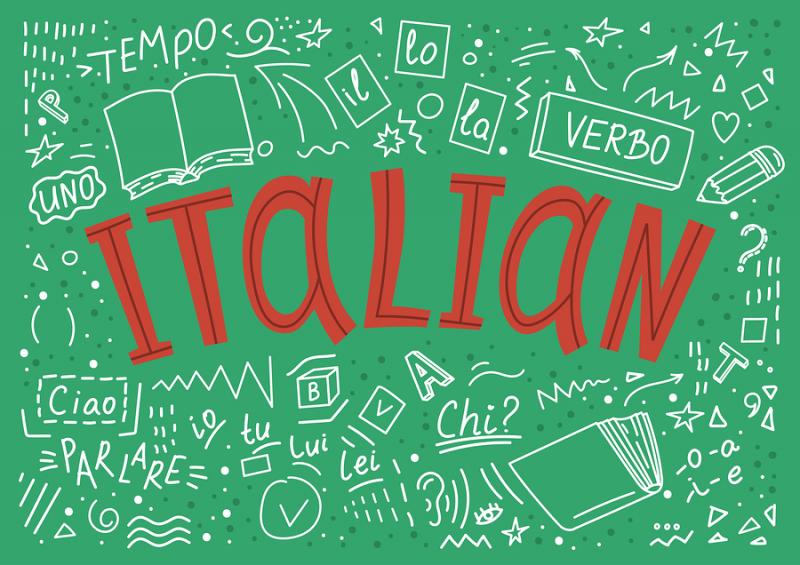Subject pronouns indicate the subject of a sentence, the person who is carrying out the verb. They take the place of nouns. You might refer to ‘my sister’ as ‘she or ‘the friends’ as ‘they’. You will most probably have come across these when learning Italian verbs:
I – io
You (singular) – tu
He – lui
She – lei
You (formal) – Lei
We – noi
You (plural) – voi
They – loro
In general, tu is for addressing friends, family and children and Lei is used in more formal situations. See an article here for more info on this.
As you listen to people speaking Italian, you will note that these pronouns are often omitted. The reason for this is that the verb endings tell us who is carrying out the verb so it’s not necessary to use the pronoun. In these sentences, for example, you don’t need to include the subject pronoun:
(Io) arrivo all’una – I arrive at one o’ clock
(Tu) ricevi una lettera – You receive a letter
(Noi) mangiamo una pizza – We eat a pizza
(Loro) vanno in vacanza – They go on holiday
For the he/she options, you may need to use it to explain if it’s a male or female, for example in the following conversation:
Monica e Riccardo vengono a cena? – Are Monica and Riccardo coming to dinner?
Lui viene ma lei no – He is coming but she isn’t
It’s also helpful to use these pronouns for emphasis or clarity:
Ci penso io – I’ll see to it (no one else has to)
Scegli tu il ristorante – You choose the restaurant (not me)
Lui cosa ne dice? – What does he think about it? (as opposed to what someone else thinks)
Offriamo noi da bere – We’re buying the drinks (not you)
Pagano loro– They’re paying (not us)
Finally, if you use anche (also, too) or neanche (neither), you need to use the subject pronouns:
Ballo anch’io – I’m dancing too
Studi anche tu? - Are you studying too?
Non so cosa dire. Neanch’io – I don’t know what to say. Me neither.













